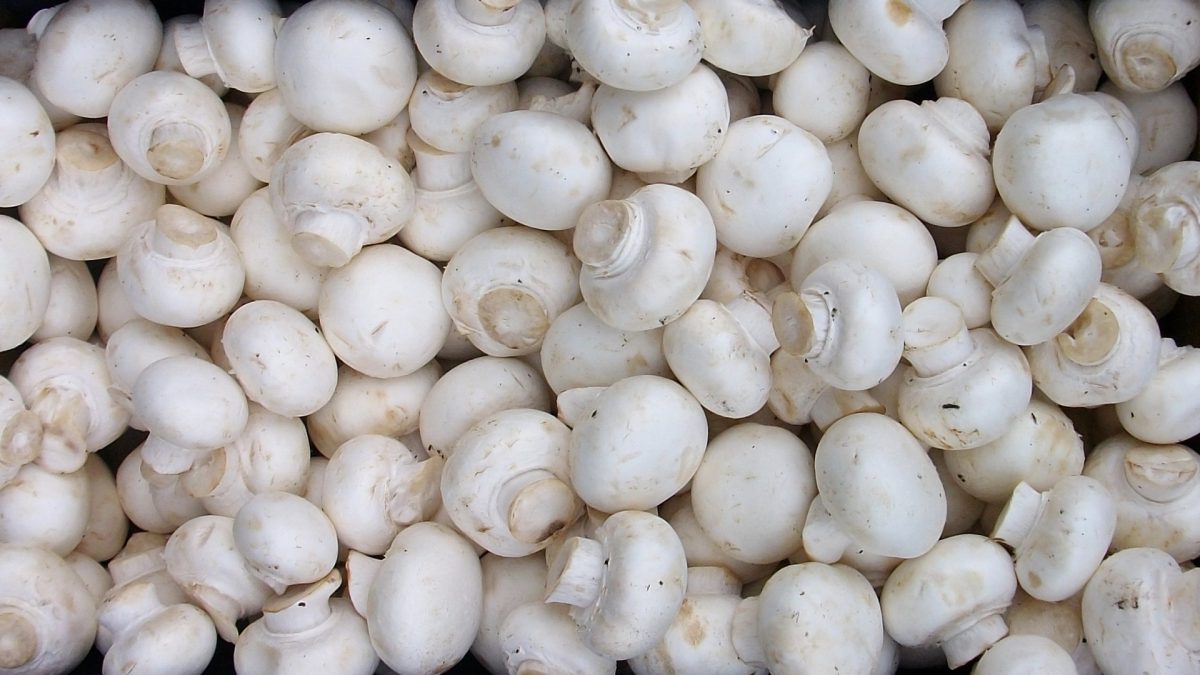Atherosclerotic plaques may be more aptly described as pimples. These inflamed pockets of pus building up in the lining of our arteries can rupture, cut off our hearts’ blood supply, and kill us. In my 2-min. video Arterial Acne, I profile a New England Journal of Medicine review that describes the process.
Death from heart disease starts with cholesterol infiltrating the lining of the coronary arteries crowning our heart. This triggers an inflammatory response. The inner lining of our artery produces adhesion molecules to snag white blood cells, called monocytes, that zoom past in the blood stream to try to repair some of the havoc cholesterol had wreaked inside the artery wall. Other inflammatory cells are called into action, more pus builds up, and it can end up like a big whitehead sticking out into the blood flow inside the artery. The blood pulsating past can rip off the cap and clot off the entire width of the artery, which can result in a fatal heart attack.
The best way to stop this life-threatening cascade is to prevent it in the first place. As I describe in my 2-min. video Blocking the First Step of Heart Disease, we can block the buildup of cholesterol by increasing our intake of fiber-containing plant foods and decreasing our intake of trans fat, saturated fat, and cholesterol found in junk food and animal products.
Cholesterol-induced zits in the lining of our coronary arteries can also occur in other blood vessels. In our head they can cause a stroke (which I cover in my Uprooting video), in our back they can cause degenerative disk disease (Cholesterol and Lower Back Pain), in our abdomen they can cause an aneurysm (Abdominal Aortic Aneurysms: Ticking Time Balloons), and in our pelvis they can cause sexual dysfunction in both men (Atkins Diet: Trouble Keeping It Up) and women (Cholesterol and Female Sexual Dysfunction). Thankfully, Avoiding Cholesterol Is A No Brainer. It’s Purely a Question Of Diet. Trans fat, saturated fat, and cholesterol should be kept to a minimum.
What about blocking the inflammation stage that follows the buildup of cholesterol? Researchers at Arizona State studied the ability of various mushrooms to do just that. They took the lining of a human artery, soaked it overnight with either nothing—the control group—or shitake mushrooms, crimini mushrooms, oyster mushrooms, maitake mushrooms, or plain white button mushrooms. Which mushroom worked best to decrease the expression of adhesion molecules? As I show in my 2-min. video Making Our Arteries Less Sticky the answer is that plain white mushrooms worked the best! The cheapest, most convenient to find mushroom appeared to suppress inflammation the best.
For more magic from mushrooms, see Vegetables Versus Breast Cancer and Breast Cancer Prevention: Which Mushroom is Best?. In terms of anti-inflammatory foods in general, check out Anti-Inflammatory Antioxidants, Garden Variety Anti-Inflammation, and Dried Apples Versus Cholesterol. In terms of pro-inflammatory foods, see the 4-part series Improving Mood Through Diet, Inflammatory Remarks About Arachidonic Acid, Chicken, Eggs, and Inflammation, and Chicken’s Fate is Sealed.
Some plants may be too anti-inflammatory to be used during pregnancy though. For the same reason aspirin should be avoided by pregnant women, chamomile may have such powerful anti-inflammatory properties that regular consumption may result in a serious fetal heart problem, premature constriction of the fetal ductus arteriosus (which allows the fetus to “breathe” in the womb). More in my recent 2-min. video Chamomile Tea May Not Be Safe During Pregnancy.
–Michael Greger, M.D.
